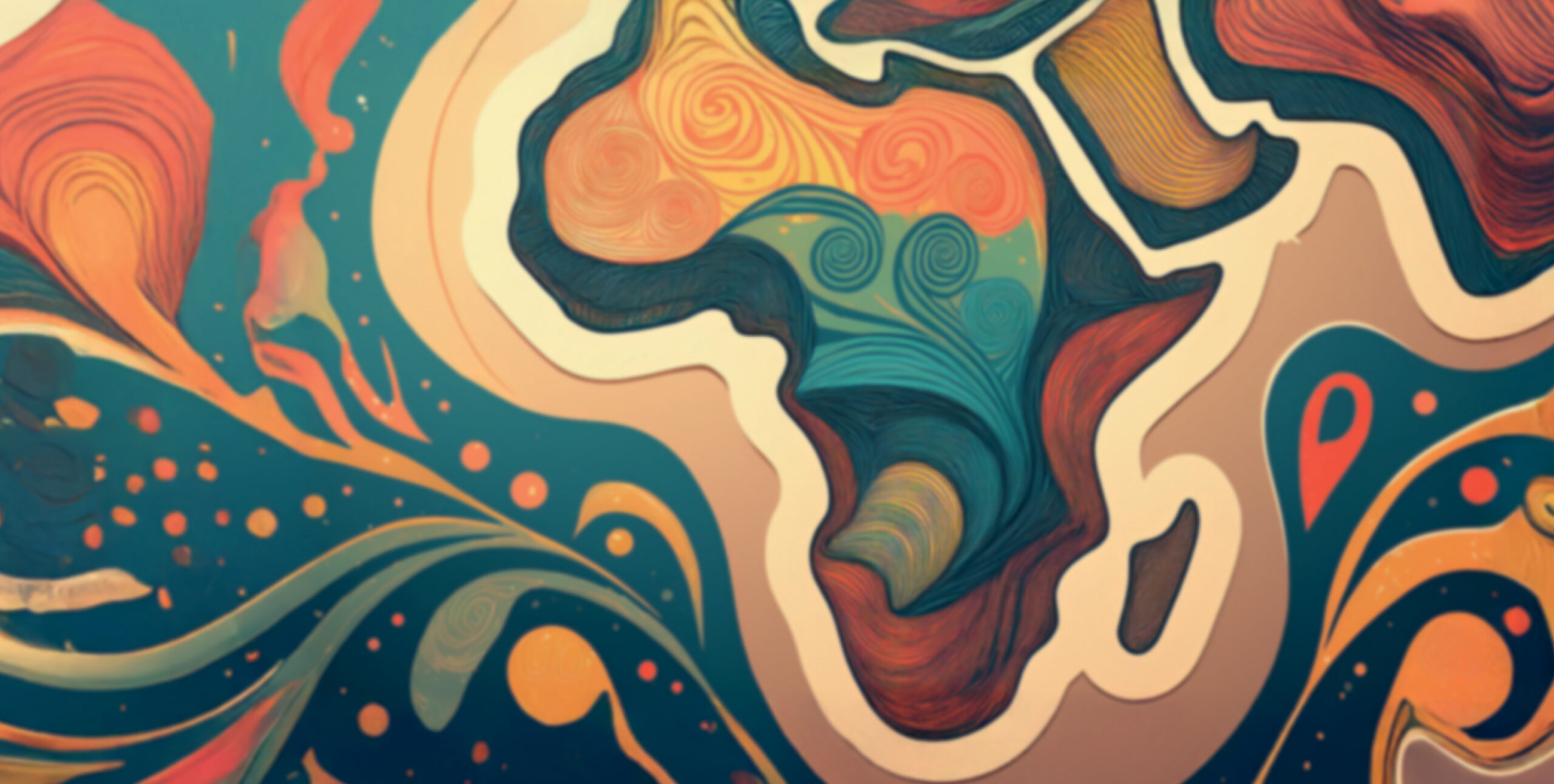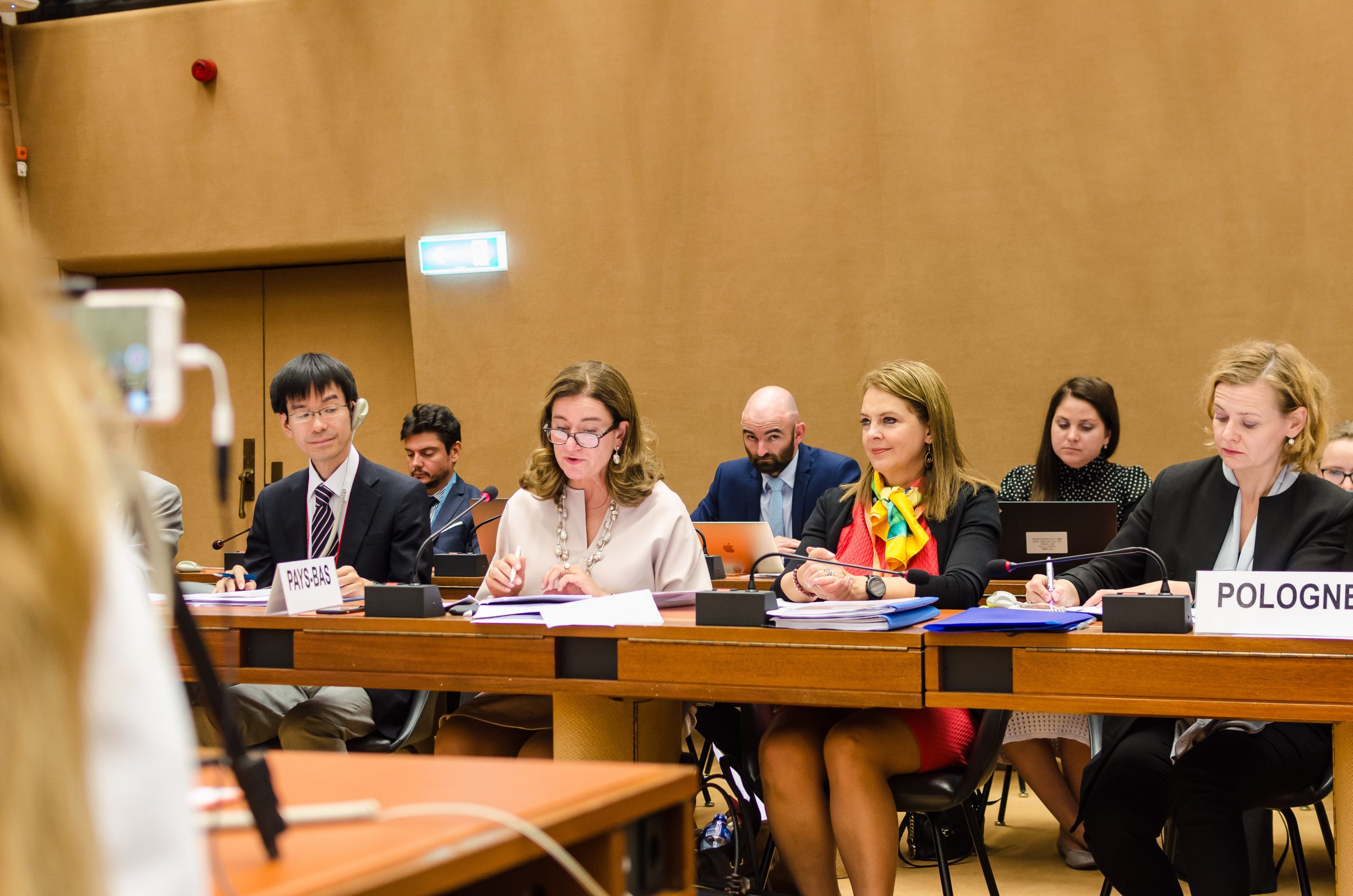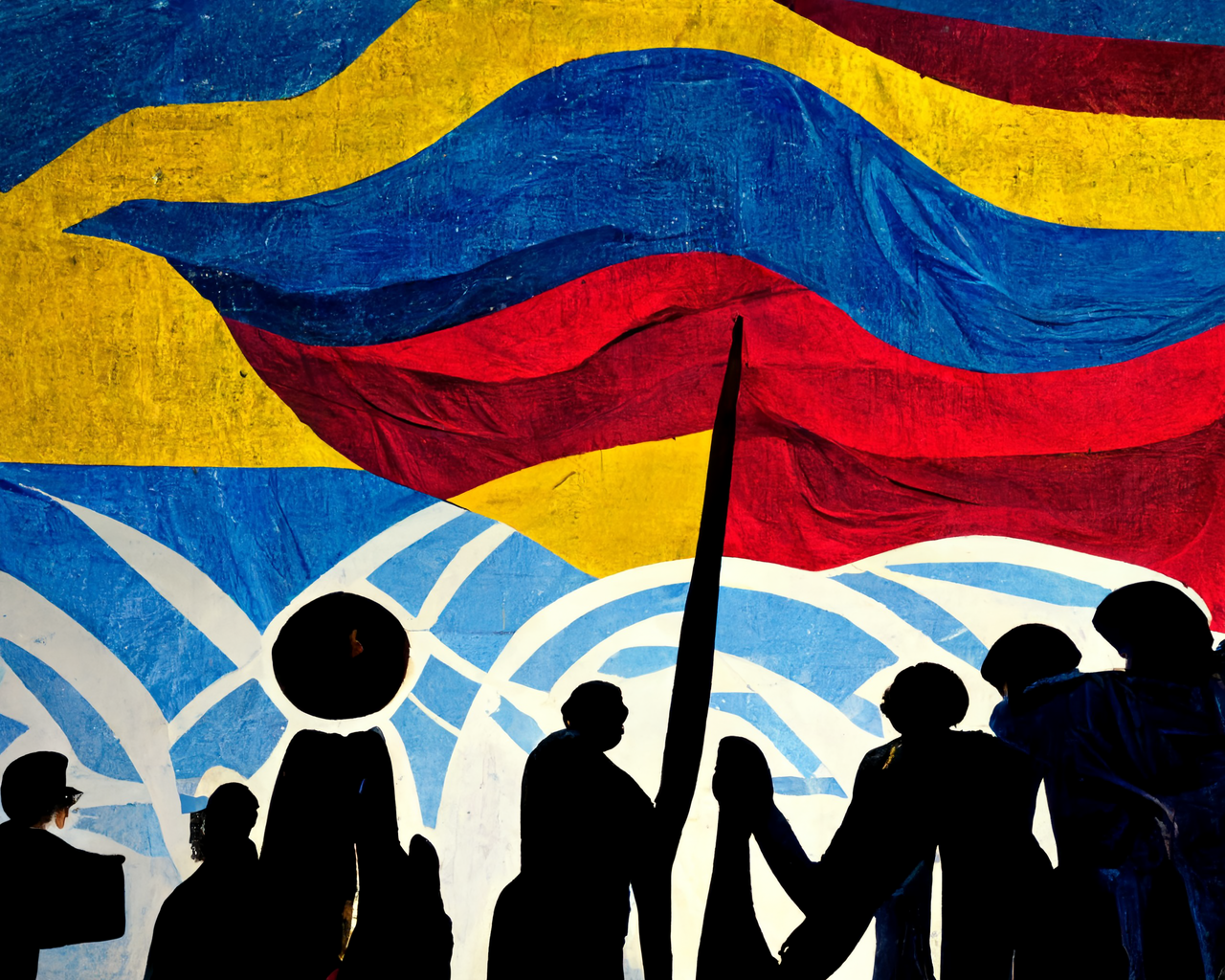
Launch of the Network of defenders rights' protection in Africa
ISHR, in collaboration with partners, has established a network of legal professionals for the protection of human rights defenders in Africa.

Last week in New York and Geneva, twelve candidate States publicly spoke to their pledges as an incoming Human Rights Council member for 2020 – 2022. They also faced questions on pressing human rights issues.
Dialogue between civil society and States is instrumental for the advancement of human rights. The Pledging Events, organised each year by ISHR and Amnesty International, provide a critical opportunity for civil society to directly and constructively engage with candidate States for the Human Rights Council, the chief UN body addressing human rights violations.
The events aim to enhance transparency and accountability in Human Rights Council elections and improve adherence to Council membership standards. Toward these goals, candidate States were asked questions from the audience and Twitter using the hashtag #HRCPledging.
States committed to transparency and dialogue
Twelve out of sixteen candidate States participated: Armenia, Brazil, Germany, Indonesia, Iraq, Japan, Marshall Islands, Mauritania, Republic of Moldova, the Netherlands, Poland, and the Republic of Korea.
Libya, Sudan and Venezuela declined to attend, and there is still one unannounced candidate for the African Group. The decision not to participate is particularly disappointing, and suggests a lack of willingness on the part of these States to prioritize transparency and dialogue.
All candidate States where asked how they would uphold the highest standards of the promotion and protection of human rights. They emphasised their commitment to the universality and interdependence of human rights, facilitating civil society engagement and cooperation with the Council’s mechanisms. Some States highlighted in particular their commitments to promoting gender equality, LGBTIQ rights, combatting racial discrimination, rights of indigenous peoples, protection of human rights defenders, among others.
Some States, particularly Brazil, Germany, Japan, the Republic of Moldova and the Netherlands emphasised the importance of dialogue and multilateralism in dealing with human rights issues, stating that they see cooperation between States and civil society as crucial in the protection and promotion of human rights.
Candidate States were asked questions from the audience and Twitter. Some of the questions and comments included:
The events had the generous sponsorship of the Bahamas, Denmark, Fiji and the Czech Republic, and were moderated by Andrew Gilmour, Assistant Secretary-General for Human Rights, in New York, and Peggy Hicks, Director of Thematic Engagement, Special Procedures and Right to Development Division at the Office of the High Commissioner for Human Rights, in Geneva.
For more information concerning the upcoming Human Rights Council election and to view ISHR scorecards, which offer a quick, objective comparison of the human rights situation of candidate States.
You can watch the New York event on UNwebcast TV here.
The Geneva event is available here (see below) and on ISHR YouTube channel.
Photos of the discussions can be found on our Facebook page.
Contacts: Eleanor Openshaw, [email protected] and Salma El Hosseiny, [email protected].
Photo Credit: ISHR

ISHR, in collaboration with partners, has established a network of legal professionals for the protection of human rights defenders in Africa.

Venezuela is at a complex political juncture. In this context, sixteen national and international civil society organisations have put forward a ten-point list of priority demands.

Fifty organisations urge the UN Human Rights Council to urgently convene a special session to address an unprecedented escalation in mass unlawful killings of protesters in Iran.